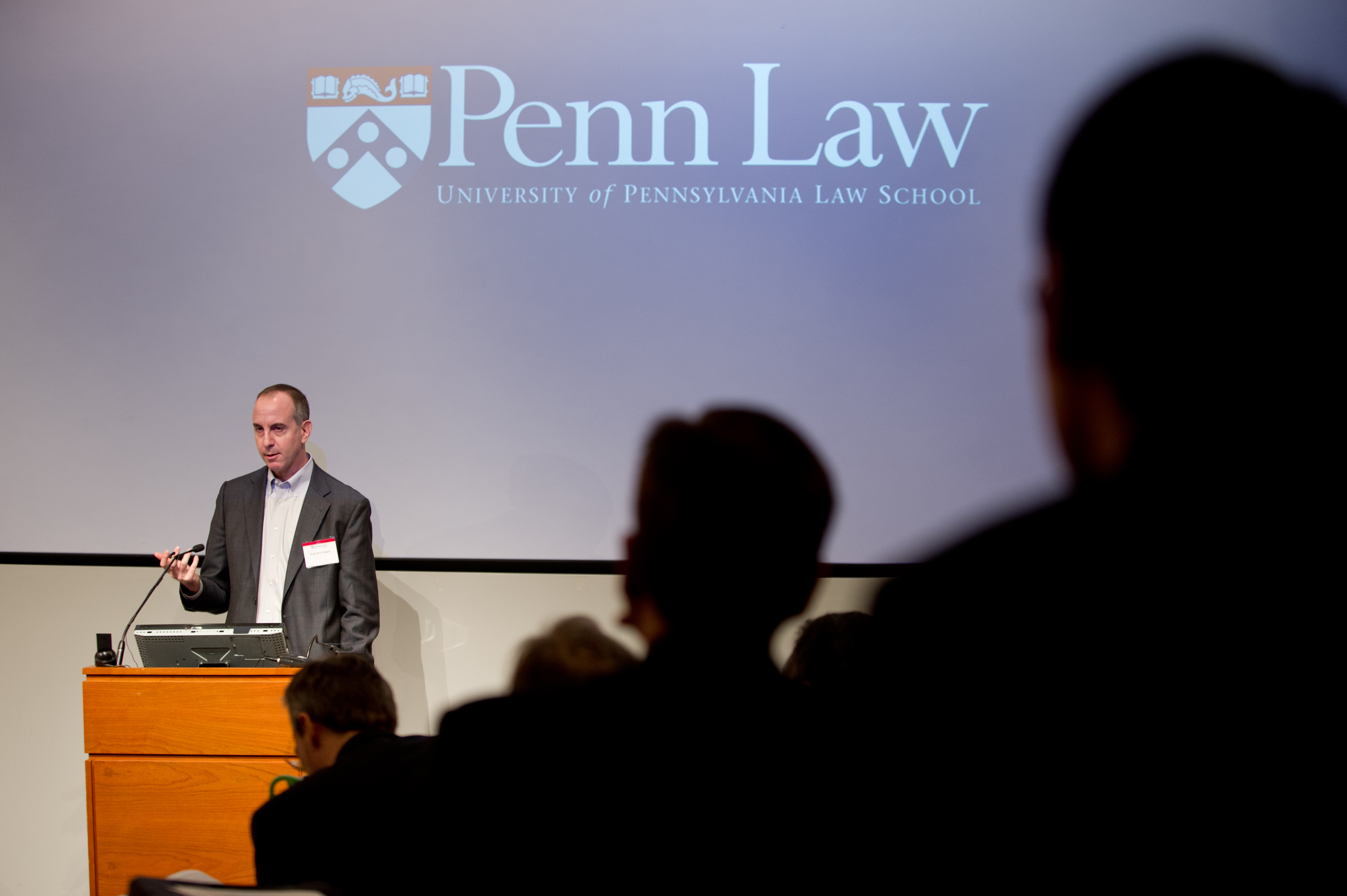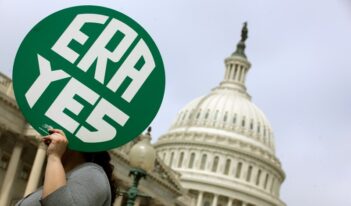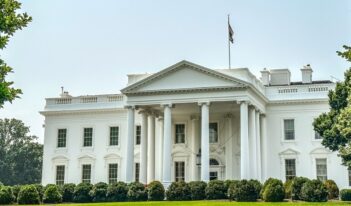
Eric Posner argues that “balance of power” is not a helpful concept for governing the relationship between the branches.
Scholars often cite Presidents George W. Bush and Barack Obama as examples of “imperial presidents.” These are presidents who amass power to the point where it cannot be checked by Congress or the courts. Other scholars argue that there remain adequate checks on the power of the president, such as the media, whistleblowing, and ultimately Congress’s impeachment power.
But according to University of Chicago Law School professor Eric Posner, the concept of maintaining a “balance of power” across the branches of government — a model of divided power that ensures that no branch is powerful enough to dominate another — should be abandoned. He argues that the concept does not usefully demarcate any meaningful limits to congressional and executive power.
Speaking at the University of Pennsylvania Law Review’s 2015 Symposium, Posner stated that when Congress passes a statute affecting the relationship between the branches of government or when the courts confront a legal ruling that seems as if it will change the distribution of power between branches, it is difficult to determine exactly how and to what degree power has been altered, if at all. It is the political context, not any abstract concept of balance of power, that defines how power will actually be distributed among the branches of government.
To illustrate his point, Posner used the example of the independent counsel statute passed after Watergate, which empowered Congress to use an independent prosecutor to investigate government officials. The statute appears to constrain the president and give more power to Congress, Posner explained. Yet, in reality, it might not have any effect on the distribution of power between Congress and the president if the president should gain, for other reasons, still greater power than Congress.
For example, if the president had just won a war at the time of the passage of the independent counsel statute, or if the public disagreed with Congress’s use of independent counsel investigations, then the statute really might not have much impact on the actual balance of power between the branches. Posner even raised the possibility that because of the existence of the independent counsel statute, the public might “put more trust in the president because they think it’s less likely that he’ll abuse executive powers.” In other words, such a statute might actually result in the president gaining power, not losing it.
Posner further argued that, contrary to common belief, a new rule of law that upsets the balance of power could fail to alter the distribution of power between the executive and legislative branches, whereas a change in political context could drastically shift the distribution.
For this reason, Posner said, the balance of power doctrine is not “rich enough” to determine whether the government is properly structured. Instead, he advocates that scholars and courts evaluate congressional and presidential action by asking how government should be optimally structured rather than by clouding the conversation with an invocation of metaphors about a balance of power.
Moderator and University of Pennsylvania Assistant Professor of Law Jean Galbraith asked Professor Posner who should decide — whether the Supreme Court or some other actor — what institutional framework would be best for the public if an effort to maintain a balance of power is not the starting point.
Posner rejected the Supreme Court as a potential decisionmaker and refused to single out any one decisionmaker aside from the public itself. He argued that when the executive branch takes advantage of its power, it is usually because of public support and congressional acquiescence. “Public opinion is the source of power in this country,” Posner said. “Mainly elite opinion, but public opinion generally.”
This essay is part of The Regulatory Review’s ten-part series, The Bounds of Executive Discretion in the Regulatory State.
The recent Symposium was co-sponsored by the Penn Program on Regulation (PPR) and organized by Penn Law professors Cary Coglianese, director of PPR, and Christopher Yoo.



